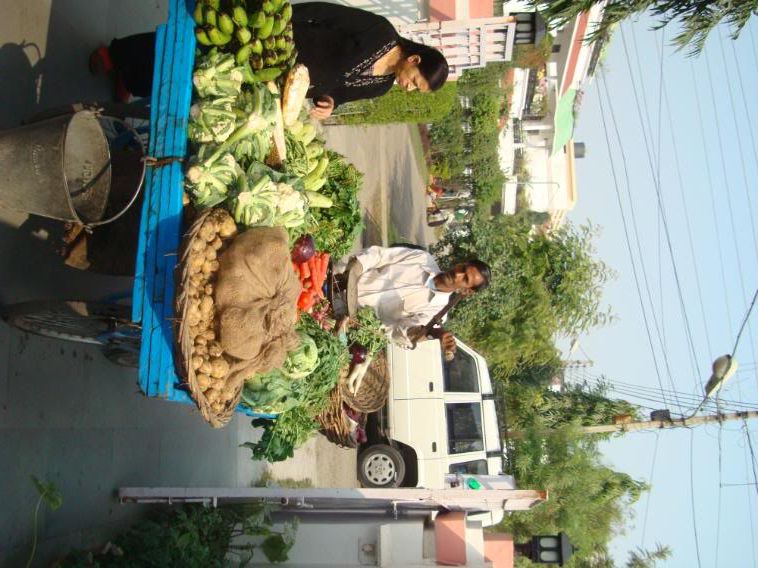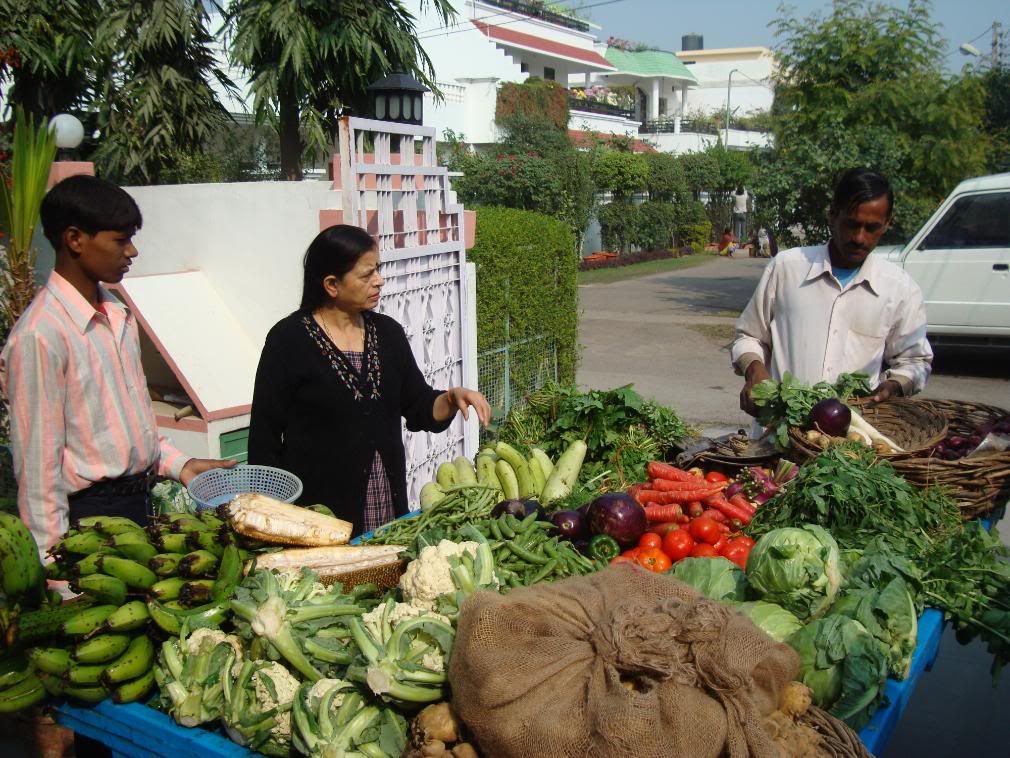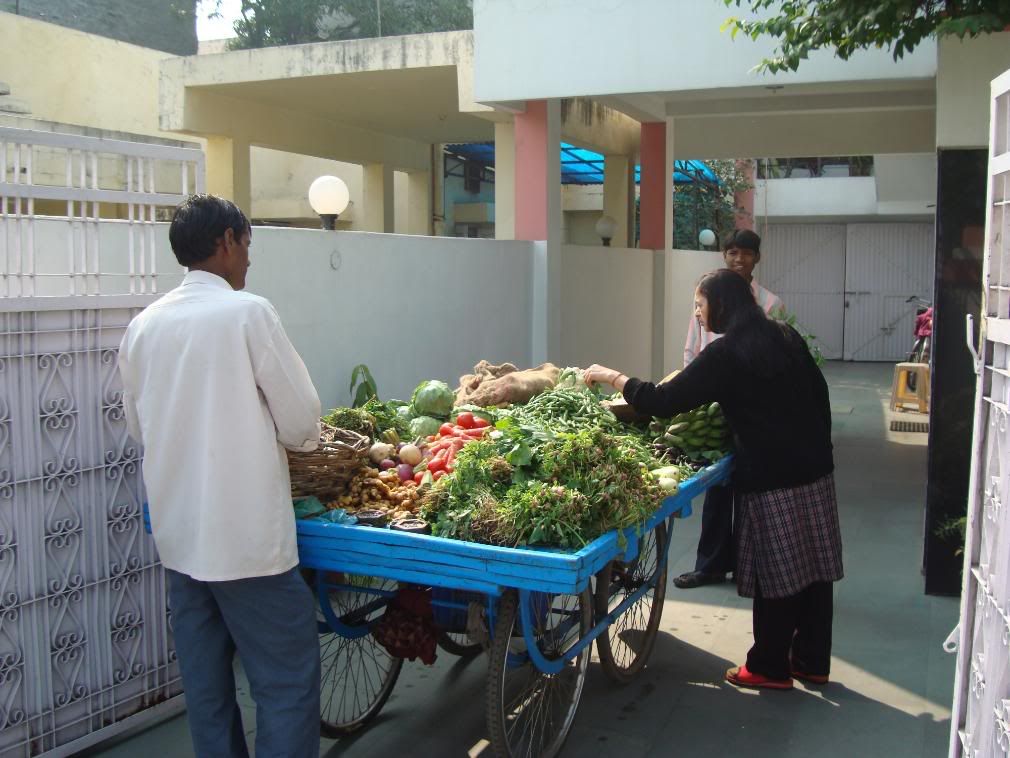Welcome to the world of madness.
There once was a young person named Little Red Riding Hood who lived on > the edge of a large forest full of endangered owls and rare plants that > would probably provide a cure for cancer if only someone took the time > to study them. Red Riding Hood lived with a nurture giver whom she > sometimes referred to as "mother", although she didn't mean to imply by > this term that she would have thought less of the person if a close > biological link did not in fact exist.
Nor did she intend to denigrate the equal value of nontraditional
> households, although she was sorry if this was the impression conveyed. > One day her mother asked her to take a basket of organically grown fruit > and mineral water to her grandmother's house. "But mother, won't this be > stealing work from the unionised people who have struggled for years to > earn the right to carry all packages between various people in the > woods?"
Red Riding Hood's mother assured her that she had called the union boss > and gotten a special compassionate mission exemption form. But mother, > aren't you oppressing me by ordering me to do this?" Red Riding Hood's > mother pointed out that it was impossible for women to oppress each > other, since all women were equally oppressed until all women were free.
"But mother, then shouldn't you have my brother carry the basket, since > he's an oppressor, and should learn what it's like to be oppressed?" > And Red Riding Hood's mother explained that her brother was attending a > special rally for animal rights, and besides, this wasn't stereotypical > women's work, but an empowering deed that would help engender a feeling > of community. "But won't I be oppressing Grandma, by implying that she's > sick and hence unable to independently further her own self hood?"
But Red Riding Hood's mother explained that her grandmother wasn't > actually sick or incapacitated or mentally handicapped in any way, > although that was not to imply that any of these conditions were > inferior to what some people called "health". Thus Red Riding Hood felt > that she could get behind the idea of delivering the basket to her > grandmother, and so she set off.
Many people believed that the forest > was a foreboding and dangerous place, but Red Riding Hood knew that this was an irrational fear based on cultural paradigms instilled by a
> patriarchal society that regarded the natural world as an exploitable
> resource, and hence believed that natural predators were in fact
> intolerable competitors.
Other people avoided the woods for fear of thieves and deviants, but Red > Riding Hood felt that in a truly classless society all marginalised > peoples would be able to "come out" of the woods and be accepted as > valid lifestyle role models. On her way to Grandma's house, Red Riding > Hood passed a woodchopper, and wandered off the path, in order to > examine some flowers. She was startled to find herself standing before a > Wolf, who asked her what was in her basket.
Red Riding Hood's teacher had warned her never to talk to strangers, but > she was confident in taking control of her own budding sexuality, and > chose to dialogue with the Wolf. She replied, "I am taking my > Grandmother some healthful snacks in a gesture of solidarity." The Wolf > said, "You know, my dear, it isn't safe for a little girl to walk > through these woods alone." Red Riding Hood said, "I find your sexist > remark offensive in the extreme, but I will ignore it because of your > traditional status as an outcast from society, the stress of which has > caused you to develop an alternative and yet entirely valid worldview.
Now, if you'll excuse me, I would prefer to be on my way." Red Riding Hood returned to the main path, and proceeded towards her
> Grandmother's house. But because his status outside society had freed > him from slavish adherence to linear, Western-style thought, the Wolf > knew of a quicker route to Grandma's house. He burst into the house and > ate Grandma, a course of action affirmative of his nature as a predator.
Then, unhampered by rigid, traditionalist gender role notions, he put on > Grandma's nightclothes, crawled under the bedclothes, and awaited > developments. > Red Riding Hood entered the cottage and said, "Grandma, I have brought > you some cruelty free snacks to salute you in your role of wise and > nurturing matriarch." The Wolf said softly "Come closer, child, so that > I might see you." Red Riding Hood said, "Goddess! Grandma, what big > eyes you have!" "You forget that I am optically challenged." "And > Grandma, what an enormous, what a fine nose you have."
"Naturally, I could have had it fixed to help my acting career, but I
> didn't give in to such societal pressures, my child." "And Grandma,
> what very big, sharp teeth you have!" The Wolf could not take any more > of these spaciest slurs, and, in a reaction appropriate for his
> accustomed milieu, he leaped out of bed, grabbed Little Red Riding Hood, > and opened his jaws so wide that she could see her poor Grandmother > cowering in his belly.
> "Aren't you forgetting something?" Red Riding Hood bravely shouted. "You > must request my permission before proceeding to a new level of > intimacy!" The Wolf was so startled by this statement that he loosened > his grasp on her. At the same time, the woodchopper burst into the > cottage, brandishing an axe. "Hands off!" cried the woodchopper. "And > what do you think you're doing?" cried Little Red Riding Hood. "If I let > you help me now, I would be expressing a lack of confidence in my own > abilities, which would lead to poor self esteem and lower achievement > scores on college entrance exams."
"Last chance, sister! Get your hands off that endangered species! This > is an FBI sting!" screamed the woodchopper, and when Little Red Riding > Hood nonetheless made a sudden motion, he sliced off her head. "Thank > goodness you got here in time," said the Wolf. "The brat and her > grandmother lured me in here. I thought I was a goner." "No, I think > I'm the real victim, here," said the woodchopper. "I've been dealing > with my anger ever since I saw her picking those protected flowers > earlier. And now I'm going to have such a trauma. Do you have any > aspirin?"
> "Sure," said the Wolf. "Thanks." "I feel your pain," said the Wolf,
> and he patted the woodchopper on his firm, well padded back, gave a > little belch, and said "Do you have any Maalox?"








